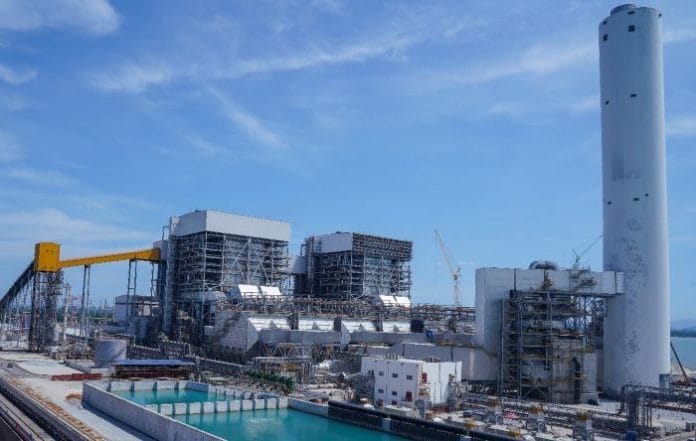Tenaga Nasional Berhad, is conducting a Joint Study with Japan’s IHI Corporation (IHI) to pioneer small-scale co-firing project at its two thermal power plants located at the Stesen Janakuasa Sultan Azlan Shah (SJSAS) in Lumut, Perak and the Stesen Janakuasa Tuanku Mukhriz (SJTM), Port Dickson, Negeri Sembilan.
IHI has extensive experience in converting conventional fuel to carbon neutral fuel including biomass and ammonia at several plants of their clients in Japan, Malaysia, and Indonesia. TNB is undertaking the project through its wholly-owned subsidiaries, TNB Power Generation Sdn Bhd and TNB Fuel Services Sdn Bhd which has has vast experience in procurement of fuel for all power plants in Malaysia.
The project will see the power plants co-firing of 1% ammonia and 2% biomass which is poised to offset carbon emissions equivalent to 71,000 passenger cars per year, ” said TNB President and Chief Executive Officer, Dato’ Seri Ir. Baharin Din.
Concurrently, a demonstration of 1% biomass (EFB pellet) co-firing has been successful at SJTM between 10 to 14 September 2023, validating the suitability of co-firing to the local climate.
The co-firing project is presently in the Front-End Engineering Design (FEED) phase, commenced on 30 August 2023 to substantiate the project’s technological viability. This includes finalising technical specifications, determining carbon emissions offset and fuel procurement strategies, and assessing the feasibility of chosen technologies.
The FEED phase is expected to be completed in April this year (2024) while the initial stage co-firing is expected to take place by the third quarter of 2026 after plant modification works. The initiative is in line with TNB’s effective carbon management target of Carbon Dioxide (CO2) emission 0.35 tonne CO2 per megawatt-hour (t-CO2/MWh) by 2035.
TNB will be working together with the relevant government agencies on enhancing energy efficiency and driving sustainable practices through all TNB NETR Flagship initiatives including the establishment of Renewable Energy (RE) Zones over 5 sites, each with 100 MW capacity and the development of floating solar at TNB dams with a total capacity of 2,500 MW.









